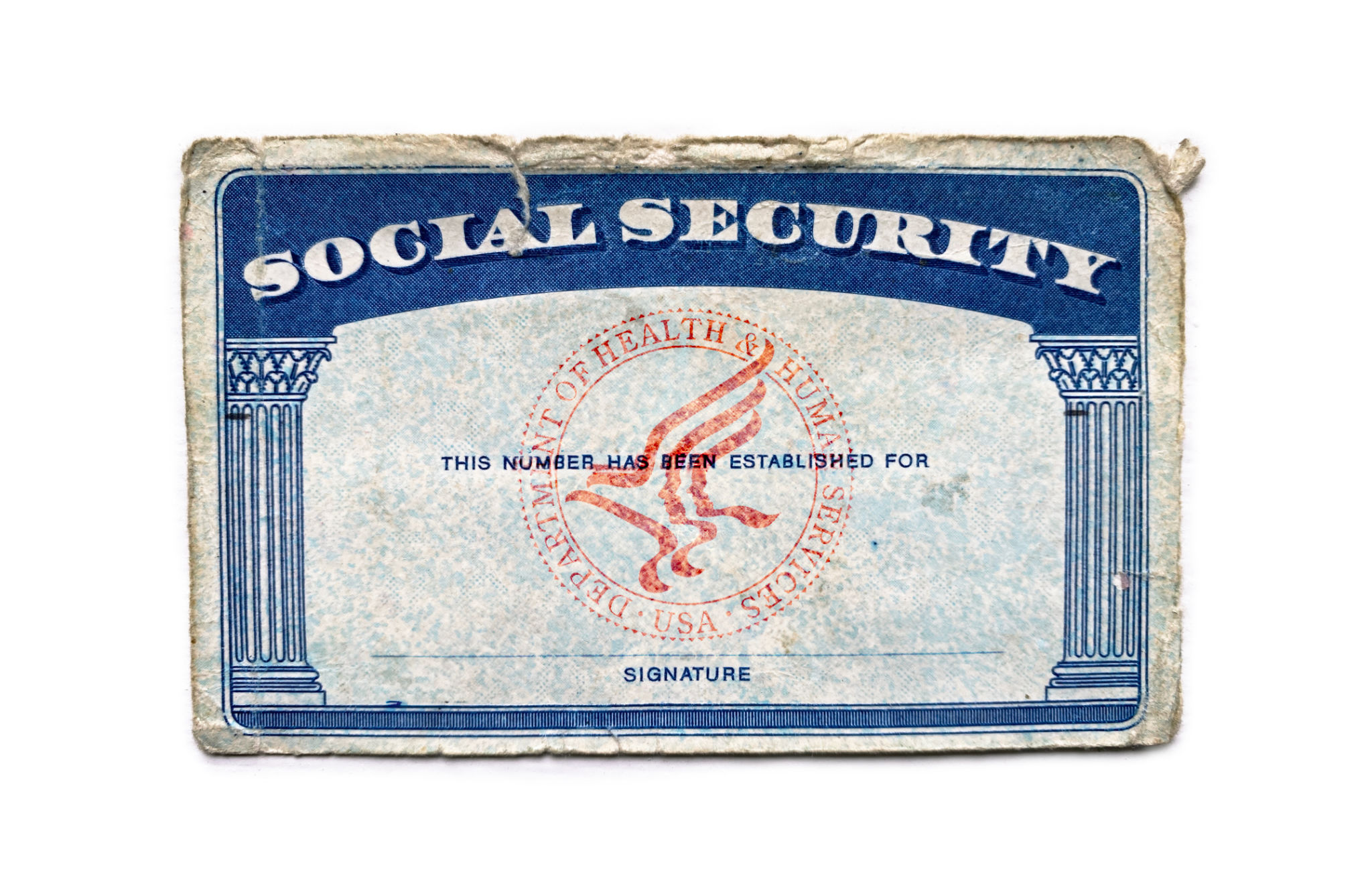A Comprehensive Guide to Setting Up as a Freelancer in Spain
Understanding the Freelancing Landscape in Spain
Spain offers a vibrant environment for freelancers, with a growing economy and a welcoming culture. However, setting up as a freelancer in Spain involves understanding the local regulations and market conditions. This guide aims to simplify the process and help you get started on the right foot.
The Spanish government recognizes freelancers as "autónomos," and they are subject to specific legal and tax obligations. It's crucial to be aware of these obligations to ensure compliance and avoid potential penalties. Let's dive into the essential steps to establish yourself as a freelancer in Spain.

Registering as an Autónomo
Obtaining an NIE Number
The first step to becoming a freelancer in Spain is obtaining a Número de Identificación de Extranjero (NIE), which is your foreigner identification number. This number is essential for any legal or financial transaction in Spain. You can apply for an NIE at a local police station or through a Spanish consulate in your home country.
Registering with the Tax Authorities
Once you have your NIE, you must register with the Agencia Tributaria, the Spanish tax office. This involves filling out Form 036 or 037, which declares your intent to work as a freelancer. Don't forget to specify the economic activity you'll be undertaking, as this determines your tax obligations.

Understanding Social Security Contributions
As an autónomo, you're required to contribute to Spain's social security system. These contributions provide access to healthcare and other benefits. The monthly fee varies depending on your earnings, but new freelancers can benefit from reduced rates during their first year of operation, thanks to the "tarifa plana" scheme.
It's essential to keep track of your contributions and ensure they are paid on time. Failing to do so can result in fines and loss of benefits. Consider consulting with a gestor, a professional who specializes in administrative tasks, to manage your contributions effectively.

Setting Up a Business Bank Account
Having a separate bank account for your freelancing activities is highly recommended. It helps in maintaining clear financial records and simplifies tax reporting. Many Spanish banks offer business accounts with features tailored for freelancers, such as lower fees and online banking options.
Choosing the Right Bank
When selecting a bank, consider factors such as customer service, fees, and the availability of English-speaking staff if you're not fluent in Spanish. Some popular banks among freelancers include Banco Sabadell, BBVA, and Santander.
Managing Taxes and Invoicing
Freelancers in Spain must file quarterly tax returns and manage their VAT (IVA) obligations. Understanding the different types of taxes applicable to your work is crucial. Regularly updating your financial records will make tax filing easier and more accurate.
Using invoicing software can streamline this process by automating calculations and ensuring compliance with Spanish tax regulations. Several tools are available that cater specifically to freelancers, offering features like recurring invoicing and expense tracking.

Networking and Finding Clients
Building a robust network is vital for any freelancer looking to thrive in Spain's competitive market. Attend local business events, join online forums, and consider coworking spaces where you can connect with like-minded professionals.
Don't underestimate the power of social media platforms like LinkedIn to showcase your skills and connect with potential clients. A strong online presence can significantly enhance your visibility and attract more business opportunities.
Embracing the Spanish Lifestyle
Finally, remember to enjoy the rich cultural experiences Spain has to offer. Balancing work with leisure is essential for maintaining productivity and well-being. Whether it's savoring tapas or exploring historical sites, immerse yourself in the local lifestyle as you embark on your freelancing journey in Spain.